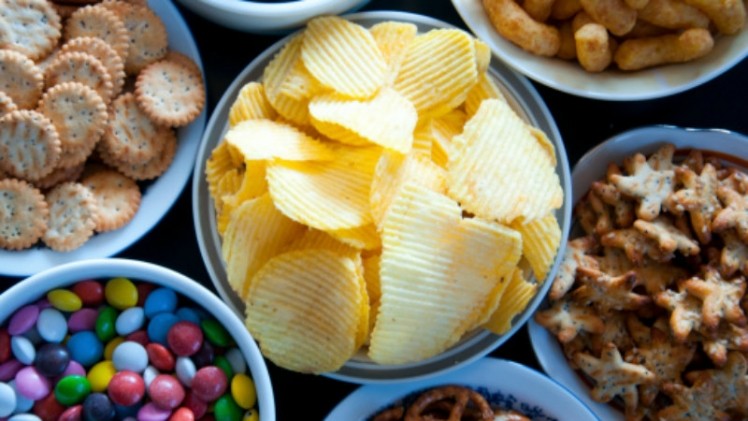
Why are processed foods harmful?
Why are processed foods harmful?
Processed foods have a poor reputation for a variety of reasons. They are well-known for being 'health destroyers,' and for this reason, processed foods should be avoided at all costs. Regrettably, here are a few of our favourite meals, and they are extremely popular due to their sway over our taste buds. Now for those concerned about processed foods: some of them may benefit your health!
Foods that have been processed do not survive in their original state. They have been modified somehow to make them more palatable or facilitate preservation. Frozen, drying, bottling, and aseptic processing are popular.
It is not these processes that render the meal unhealthy; rather, the substances employed in production, such as high salt, sugars, or fat, contribute to the dish's poor reputation.
However, there is a distinction between chemical and mechanical processing. If a food contains only one component and no added chemicals, it makes no difference whether powdered or placed in a jar. It is still food.
In contrast, processed foods are produced entirely of refined components and synthetic compounds. The following are seven ways why processed foods are detrimental to your health.
1. Sugary and rich in fructose
Typically, processed goods have lots of sugar or doppelganger, high-fructose corn syrup. Excess sugar consumption is generally known to be dangerous.
As we all know, sugar is a source of "empty" calories – it contains no necessary nutrients but is high in energy.
However, empty calories are the edge of the iceberg regarding sugar's detrimental effects. Numerous studies demonstrate that sugar can also have detrimental effects on the metabolism that extend well beyond its caloric content.
It can result in insulin resistance, elevated triglycerides, elevated dangerous cholesterol levels, and increased fat storage in the liver and stomach cavities.
Sugar consumption is significantly linked to several of the world's major fatalities, including cardiovascular disease, diabetes, overweight, and cancer.
Most individuals do not add excessive sugar to their coffee or
cereal; they obtain it through processed meals and sugar-sweetened beverages.
2. Designed to encourage overconsumption
Everybody wants to consume healthy food. That is fundamental to human nature.
We were endowed with taste receptors by evolution to aid us in navigating the natural food world.
Our desire is drawn to sweet, salty, and fatty foods because we know they offer the energy and nutrients we require for living.
Numerous processed foods have just been created to be so "lucrative" to the brain that they outperform anything found in nature.
We have complex processes in our brains and bodies that are designed to manage energy balance which functioned to maintain us at a healthy weight until very recently in evolutionary history.
There is much information that the incentive potential of foods can override the innate defensive mechanism and cause us to consume more than we need, to the point where our health is jeopardized.
This is often referred to as the "obesity food reward theory."
The truth is that processed foods are so profoundly satisfying to our brain that they influence our ideas and behaviours, encouraging us to consume more and more until we get ill.
While delicious food is good, meals engineered to be excessively
rewarding, thereby bypassing our built-in brakes against excessive consumption,
really aren't good.
3. Contains artificial chemicals
If you check the nutritional labelling on a packaged, processed food, you're likely to be unaware of some of the contents.
That is because a large portion of the ingredients is not real food. Rather than that, they are synthetic chemicals that are introduced for a variety of functions.
Foods that have been highly processed frequently contain the following:
●
Preservatives:
Chemicals added to food to prevent it from spoiling.
●
Colourants:
Chemicals used to impart a certain color to food.
●
Chemicals
that provide a distinctive flavor to food.
●
Texturants:
Substances that provide a specific texture.
● Consider that processed foods may contain dozens of extra chemicals not stated on the label.
Such as, "artificial flavour" is a proprietary combination. Manufacturers are not required to specify what this term signifies, and it is typically a combination of compounds.
As a result, if you read the term "artificial flavour" on an ingredient list, it could signify that an additional ten or more chemicals have been blended in to create a certain flavour.
Naturally, most such compounds have been reportedly proven to be
safe. However, considering the sample of the material's ongoing belief in the
safety of sugar and vegetable oils, I recommend taking their
"approval" with a pinch of salt.
4. People can grow obsessed with junk food
Processed foods' "hyper-rewarding" character can have catastrophic implications for some people.
Certain individuals can develop a physical addiction to this substance and lose control over their usage.
For several persons, junk foods can alter their brain's biochemistry, resulting in outright addiction and losing control over their use.
5. Frequently contains refined carbs
There is considerable debate over the role of carbs in the diet.
Some believe that carbs should make up the vast majority of our energy consumption, while others believe they must be ignored like the disease.
However, practically everyone believes that carbs derived from natural foods are superior to processed carbohydrates.
While processed meals are frequently abundant in carbohydrates, they are typically refined.
One of the primary issues is that processed, "simple" carbs are rapidly subdivided into the digestive system, resulting in rapid insulin levels. A few moments ago, this can result in carbohydrate hunger as blood sugar levels return to normal.
Unsurprisingly, consuming a high-carbohydrate diet is related to unfavourable health impacts and various chronic disorders.
Avoid being duped by labels such as "healthy grains" frequently seen on packaged processed foods, particularly morning cereals.
These are often healthy grains that have been pulverized into superfine flour and are equally as unhealthy as refined grains.
If you're going to consume carbs, make sure they come from whole,
single-ingredient foods rather than processed junk food.
6. Nutritionally deficient
Compared to unprocessed foods, processed foods are deficient in critical nutrients.
In some circumstances, foods are fortified with artificial minerals and vitamins to compensate for those lost during manufacturing.
On the other hand, Artificial nutrients are NOT a good substitute for the nutrient content in real meals.
Additionally, let us not forget that natural foods contain more than the recognized vitamins and minerals.
Natural foods, such as plants and animals, include thousands of additional essential elements that science is only beginning to comprehend.
Perhaps one day, a chemical combination will be developed that will replace most of these elements, but until then, the only way to obtain them in your meals is to consume complete, unprocessed foods.
The more processed meals you consume, the fewer vitamins, minerals, antioxidants, and various trace nutrients you will receive.
7. Fiber-deficient
Fibre, particularly soluble, fermentable fiber, has a number of beneficial properties.
One of the primary benefits is that it acts as a prebiotic, providing food for the beneficial bacteria in the colon.
Additionally, there is evidence that fiber can decrease glucose absorption and help people feel more fulfilled with fewer calories. Natural fiber in foods is frequently lost during processing or is purposefully removed. As a result, most processed foods are extremely low in fiber.
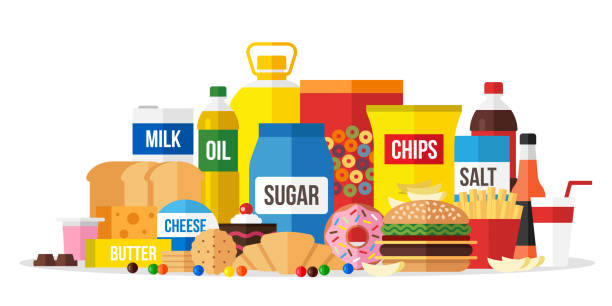
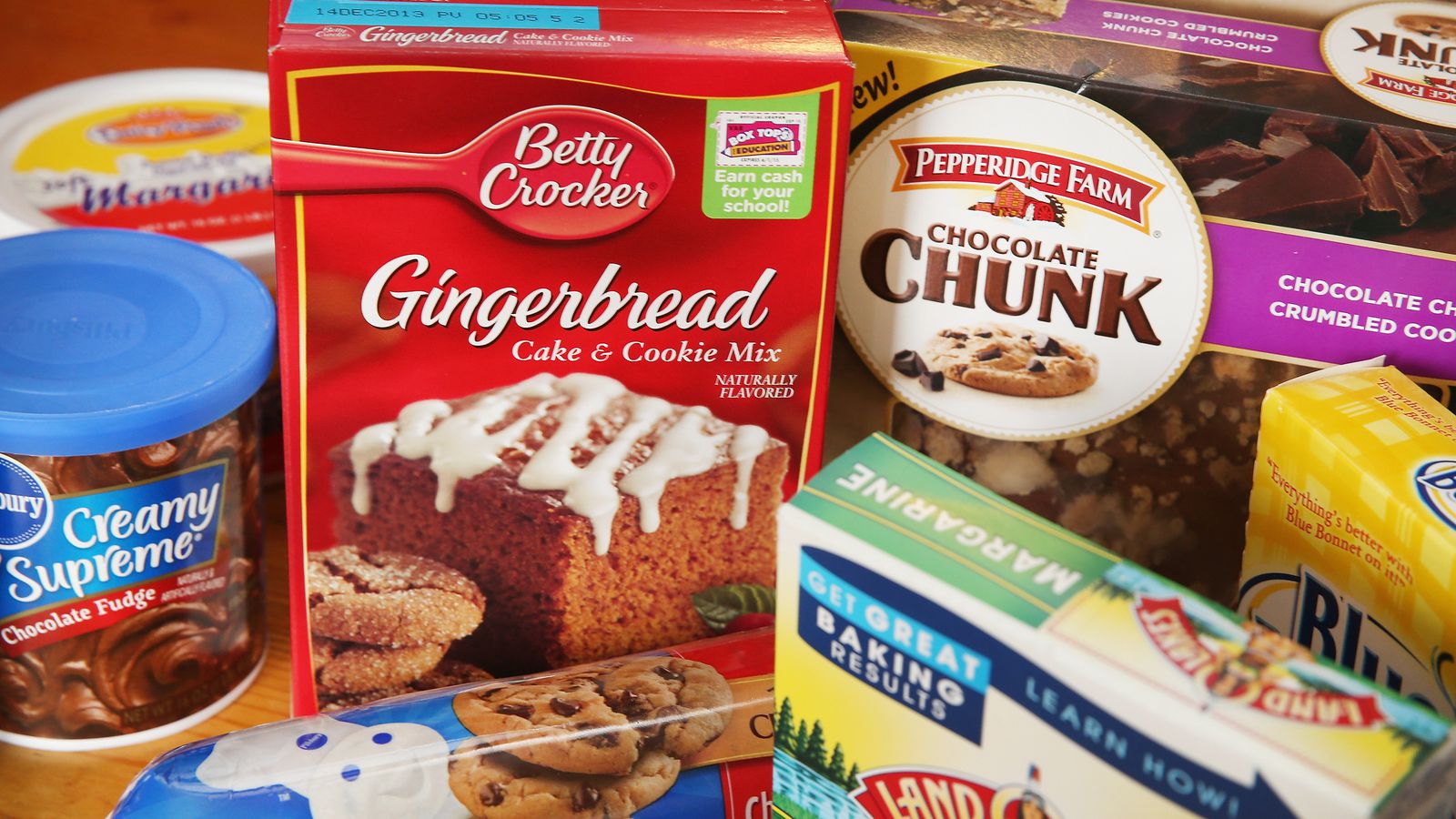
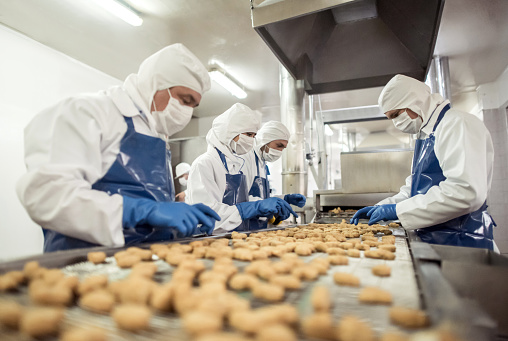



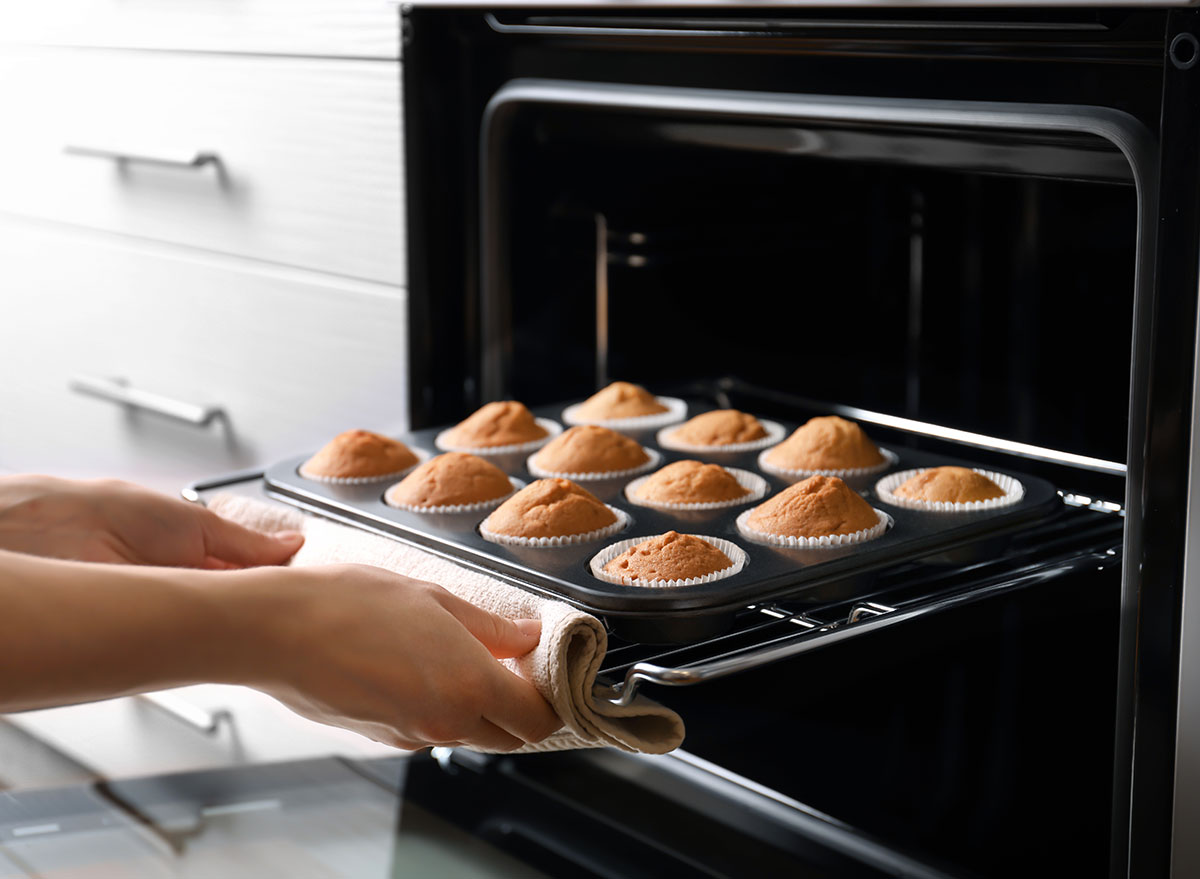
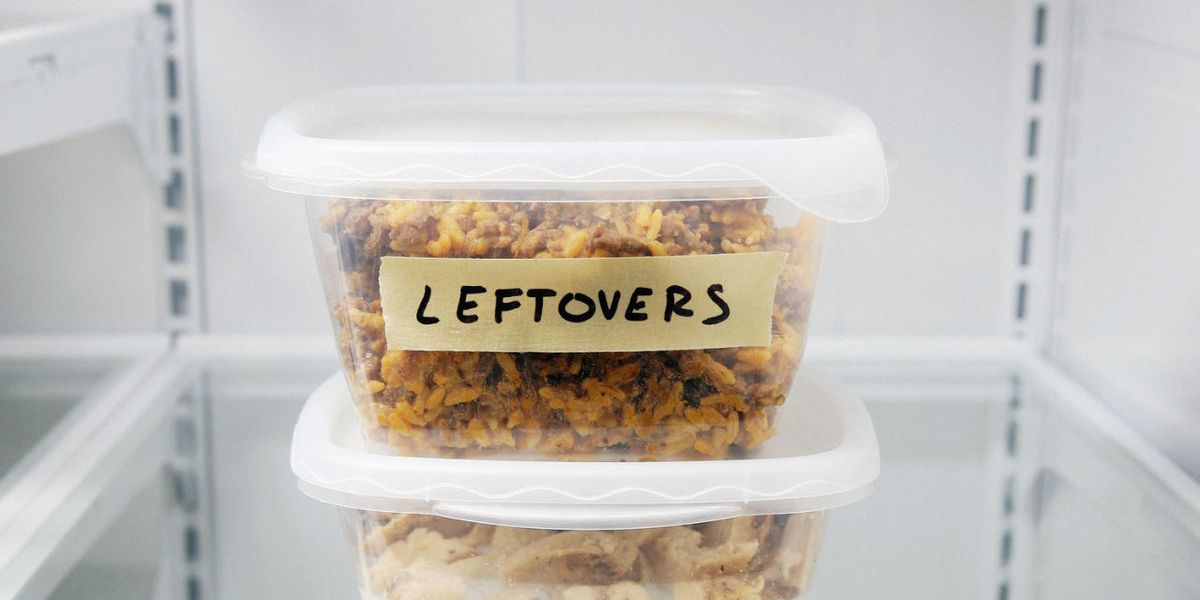


.jpg)

